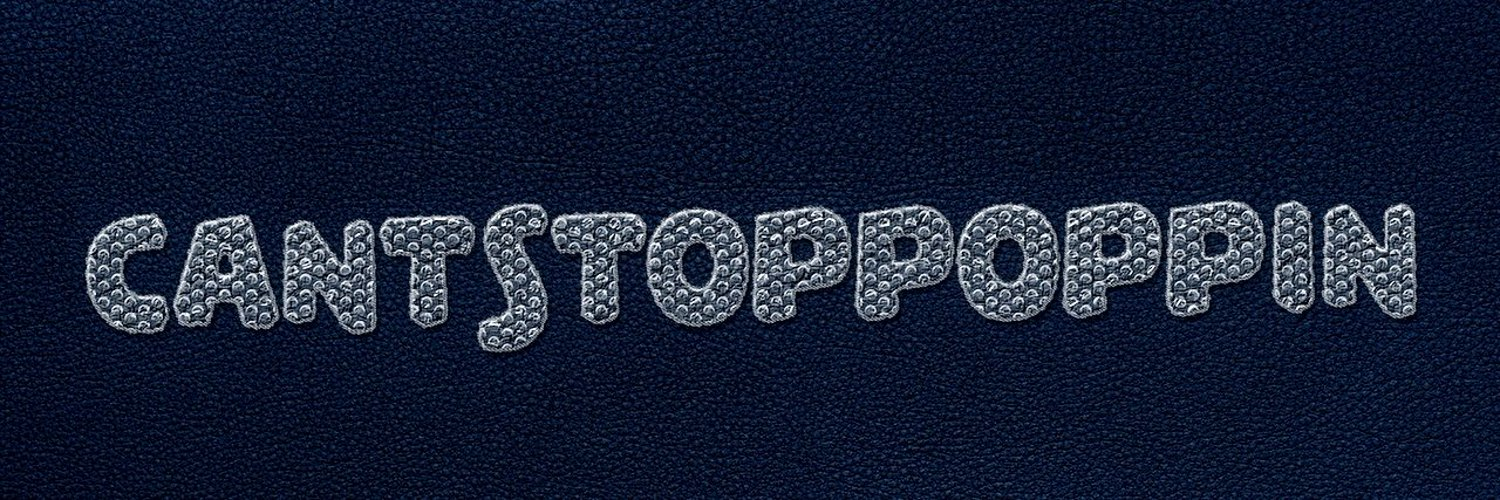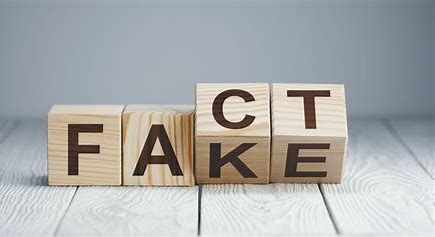How to Spot Misinformation and propaganda
Introduction
In today's world, it can be hard to know what's true and what's not. With so much information available online, it's easy to get lost in a sea of facts, opinions, and outright lies.
That's where misinformation comes in. Misinformation is false or misleading information that is spread intentionally or unintentionally. It can be spread through social media, email, or even word-of-mouth.
How to Spot Misinformation
There are a few things you can do to spot misinformation:
- Be critical of the information you see and hear. Don't just accept everything that you read or hear as fact.
- Check the sources of information. Where did the information come from? Is it a reliable source?
- Look for evidence to support the claims that are being made. Can you find other sources that corroborate the information?
- Be aware of your own biases. Everyone has biases, but it's important to be aware of them so that they don't influence your judgment.
Here are some additional tips for spotting misinformation:
- Look for clickbait headlines. Clickbait headlines are designed to grab your attention, but they're often misleading.
- Beware of conspiracy theories. Conspiracy theories are often based on misinformation, and they can be very harmful.
- Don't share memes or videos that you're not sure about. Memes and videos can be a great way to share information, but they can also be used to spread misinformation.
- Use fact-checking websites to verify information. There are a number of fact-checking websites that can help you to verify information.
Conclusion
Spotting misinformation can be tricky, but it's important to be able to do it. By following these tips, you can help to ensure that you're getting accurate information.
Here are some funny things to keep in mind when spotting misinformation:
- If it sounds too good to be true, it probably is.
- If it makes you angry, it's probably trying to manipulate you.
- If it's on the internet, it must be true. (Just kidding!)
So, there you have it. A few tips on how to spot misinformation. Be aware, be critical, and be skeptical. And most importantly, share your methods of identifying bad actors, misinformation, and propaganda. We can all do our part to fight the spread of misinformation.
Here are some resources that can help you learn more about misinformation:
https://adfontesmedia.com/interactive-media-bias-chart/
Is a media bias chart that rates news sources on a scale of 0 to 64, with 0 being the least biased and 64 being the most biased. The chart also takes into account the reliability of each source, with 0 being the least reliable and 64 being the most reliable.
I believe that this website is a powerful tool that we can use to fight disinformation and ensure that our community is getting accurate information. It is also complementary to the Bias Compass, which is a tool that helps people to identify their own biases.
Here are some of the ways that we can use the website:
Evaluate the credibility of news sources before we share them with our community. This will help us to avoid sharing misinformation.
Understand the different types of bias that exist in the media. This will help us to be more critical of the information that we share.
Find more reliable and unbiased sources of information to share with our community. This will help us to make sure that our community is getting accurate information.
Use the Bias Compass to identify our own biases and be more aware of how they might be influencing our interpretation of information.
- FactCheck.org: https://www.factcheck.org/
- Snopes.com: https://www.snopes.com/
- PolitiFact.com: https://www.politifact.com/
- The Washington Post Fact Checker: https://www.washingtonpost.com/news/fact-checker/
Thank you for reading!



Using a source one deems "reliable" is just adding one level of level of indirection to end in the same place as you can hardly expect that those who can't judge the reliability of information are any better at juging the reliability of sources of information. Further if you use a source to determine what is "reliable", how can you judge the reliability of that source at passing such judgements?!
(Unsurprisingly the whole "seek a reliable source" advice is frequently pushed by newsmedia in countries with the least trusted news sources, the very same newspapers and TV channels fillied with articles from self-proclaimed "opinion makers" who are clearly pushing politially biased messaging)
In fact I suspect that the veritable explosion of fake news was triggered and is fueled by the enshittification of the traditional mass "reliable sources" that predates the growth of social media - over the course of a few decades since about the 90s, previously trustworthy news media became more and more propagandistic and political, even self-proclaiming as "opinion makers", so those who kept believing ended up getting fed more and more manipulative, selective and slanted takes on situations and events whilst, those who stopped believing often ended up with other sources they deemed "reliable" which fed them "manipulative, selective and slanted takes on situations and events".
Yeah, there are genuinelly and pretty much guaranteed reliable sources of information on a number of subjects, the problem is they usually require specialist knowledge to understand (for example, scientific publications).
I really think this is not something that can be solved by "delegation of trust" and has to be solved by people learning genuine skepticism (not the "negate what you dislike" of useful idiots but the one that asks question like "why?", "what for?" and "who stands to gain?") and by regular comparisson of sources to catch the inconsistencies and even then, it's not easy as the media universe in some countries is dominated by a handful of owners and heavilly politicized (for example, the one and only trustworthy news source in the UK, IMHO, is The Private Eye, a satirical magazine, something you can easilly check by reading the same news in supposedly "reliable" news sources thera and also in the mainstream media of other european countries, which makes the "use of an angle" and the slanting quite glaring).